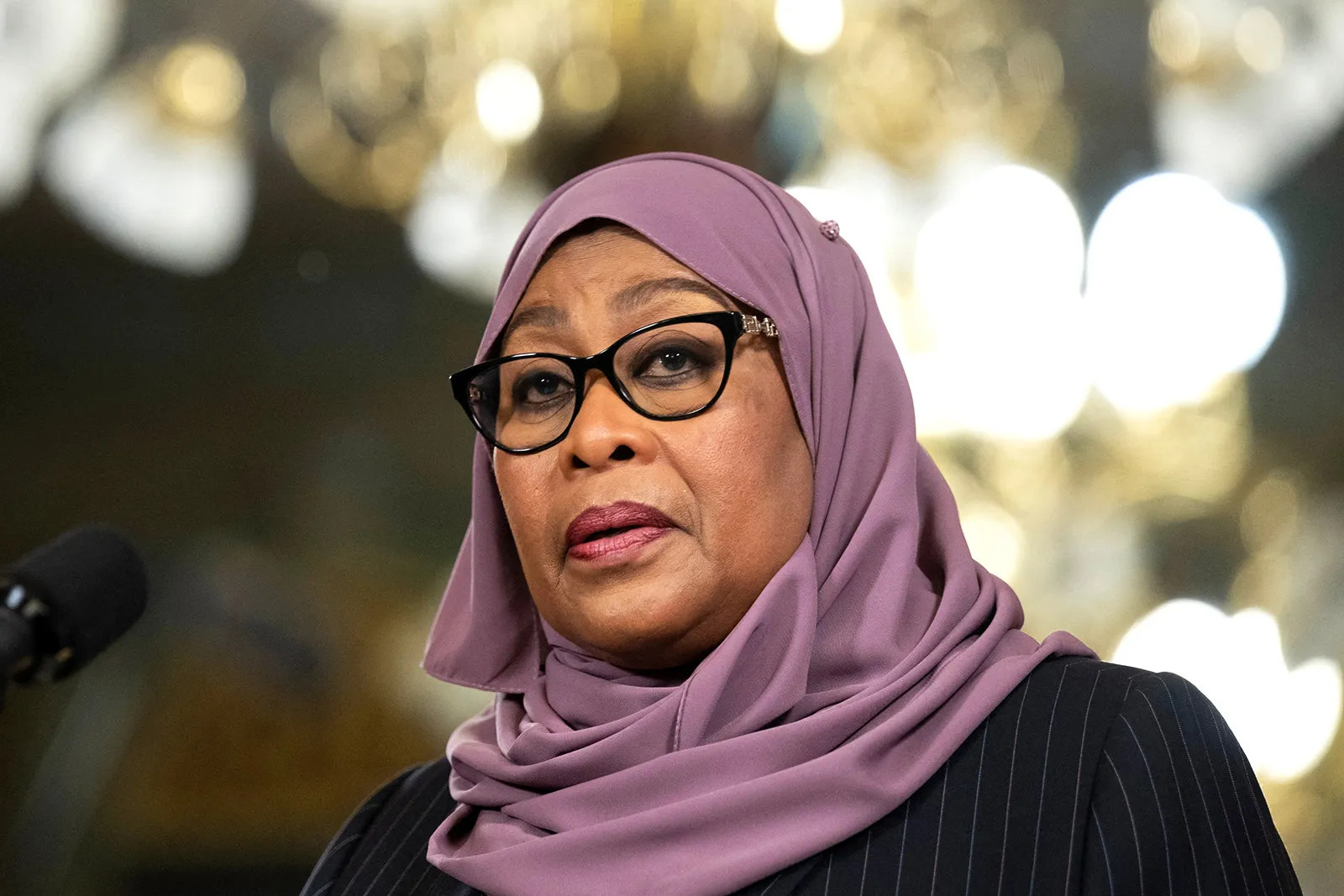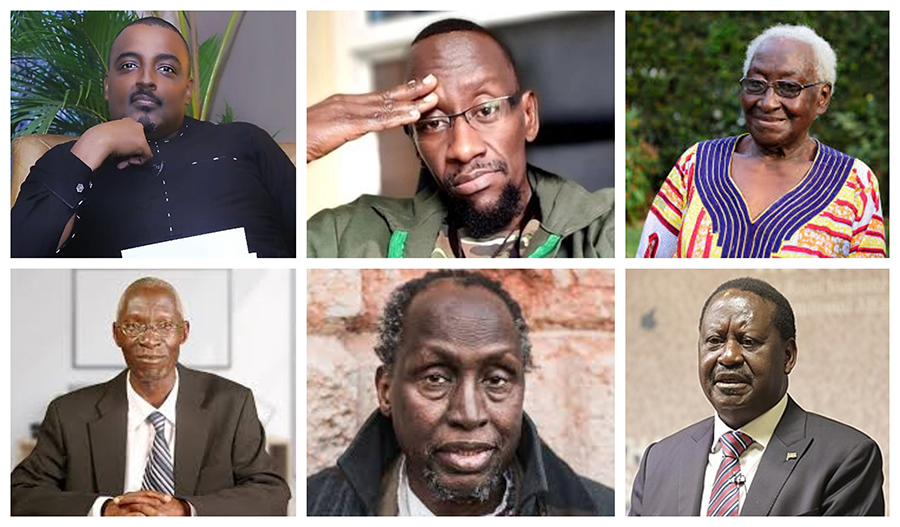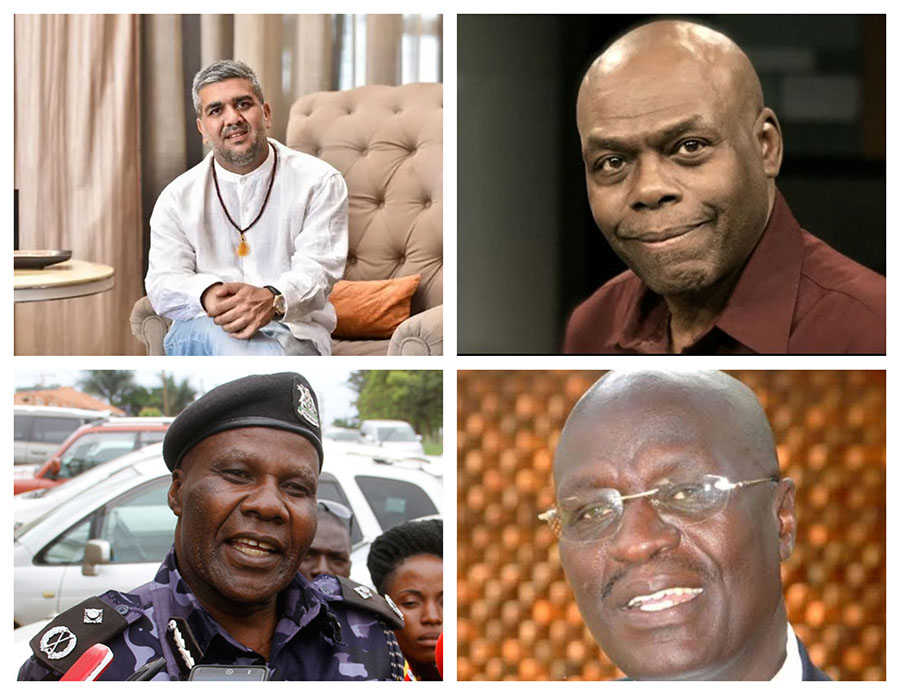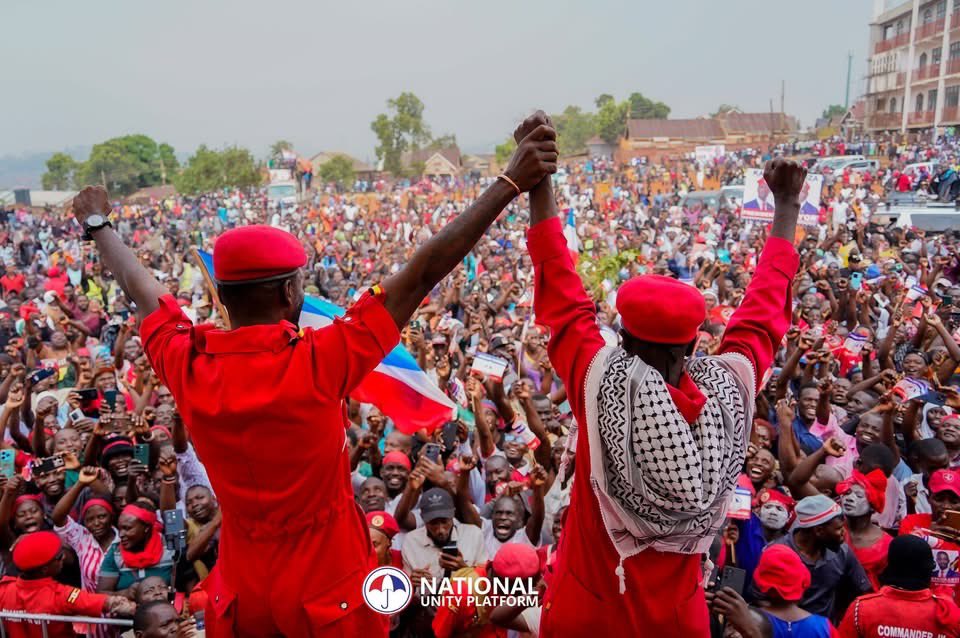In late May 2025, two activists, Boniface Mwangi and Agather Atuhaire revealed how they had been tortured and raped in Tanzanian custody. The Kenyan and Ugandan activist had travelled to Dar-es-Salaam to demonstrate solidarity for the country’s main opposition leader, Tundu Lissu, who had a court appearance.
Lissu faces treason charges he calls trumped up, for challenging the leadership of Tanzanian president Samia Suluhu Hassan.
Mwangi and Atuhaire’s testimonies of their abuse by Tanzanian agents who never clearly identified themselves are harrowing to listen to. I believe them because I have followed both activists for years. Boniface Mwangi, for over 10 years on Twitter (now X), watching his journey from neighbourhood protests for protecting the environment to going actively political.
Agather Atuhaire, more personally, having worked with her in the media for years. She is bluntly honest, a what-you-see is what you get kind of person. I have never had reason to doubt the veracity of what they say. I shared the videos of their interviews reliving the Tanzanian horror on my TikTok account.
When protests broke out in Tanzania after the October 29 general election in which Samia Suluhu was declared the winner, I was shocked at the scale. Tanzanians have a reputation in the region as docile, law-abiding, and averse to challenging authority. Quite unlike their Kenyan cousins or deal-seeking Ugandans.
When I heard that the Tanzanian army and police were cracking down, a shiver went through me because it was not only Mwangi and Atuhaire who had lived to tell what depravity can go on in the dungeons there. There is on YouTube an interview given by the late Major-General Kasirye Ggwanga to Bukedde TV of his 1978-1980 experience in Tanzanian custody in Tanga. This trained soldier and hardened, chain-smoking fighter breaks down and cries when he reaches the part where he tries to share what was done to him during that incarceration.
Still, hearing and then watching videos sneaked out of Tanzania, enduring a media and internet blackout of what the security forces are said to have done to “restore order,” is shocking. Not surprising but shocking. The death toll of the protestors is said to be over 1,000 people now.
In a repeat of what happened in 2007 when Kenya’s Mwai Kibaki had to be sworn in at night on December 30 after the disputed election, Samia Suluhu was similarly sworn in on November 4 at a military barracks in Dodoma, where the voting public was not invited. Uganda’s representative to that ceremony was the Vice President, Major (rtd) Jessica Alupo.
Journalist and editor Charles Onyango Obbo noted that Tanzania had lost its innocence in the orgy of violence that followed the October election. With a five-year term secured, Samia has called upon the agencies of government, which had been forced to work from home due to the protests and “clearing the streets” in Arusha, Mbeya, Songwe, and Dar es Salaam, to ensure “life returns to normal.” Somehow, I doubt that will be the case.
Uganda, which has a long and complex relationship with Tanzania, awaits its turn at the ballot box on January 15, 2026. President Yoweri Museveni, hard on the campaign trail, belatedly congratulated Samia Suhulu on her “victory” four days after the deed.
Like Suluhu, Museveni has a major opposition figure, Dr. Col (rtd) Kizza Besigye, in prison, and another, Robert Kyagulanyi Ssentamu, challenging his leadership. What happened in Tanzania did not escape Kampala’s attention. The lessons learned are what the population will be worrying about as January looms.
X/Twitter: @davidtumusiime
Email: [email protected]







